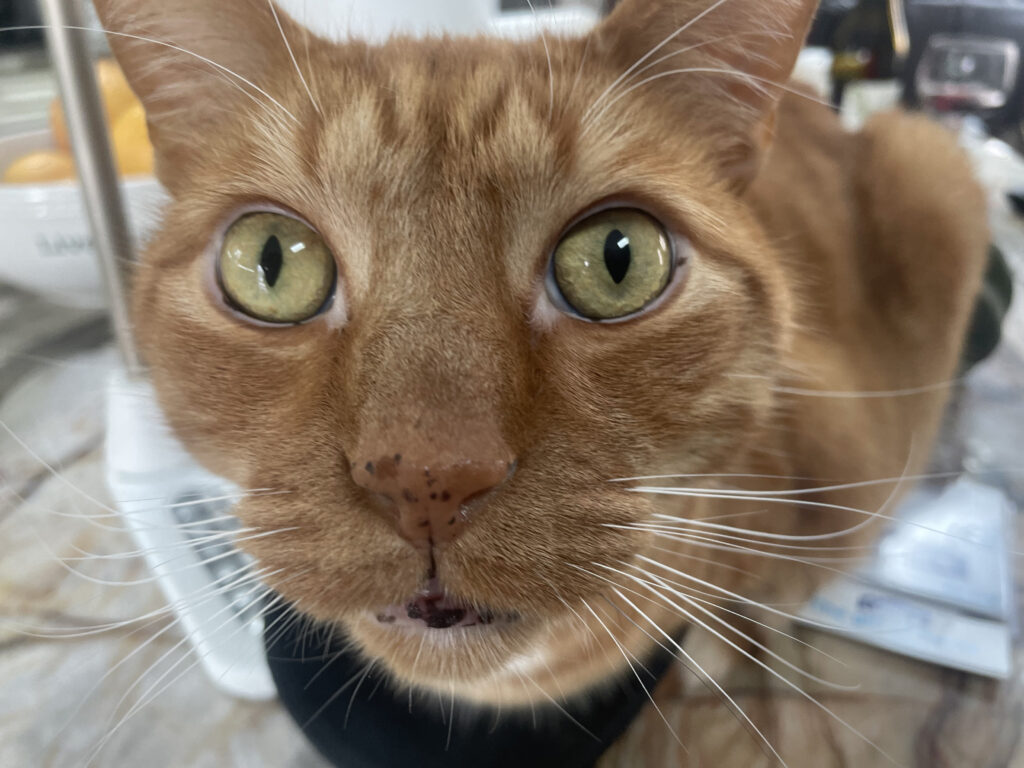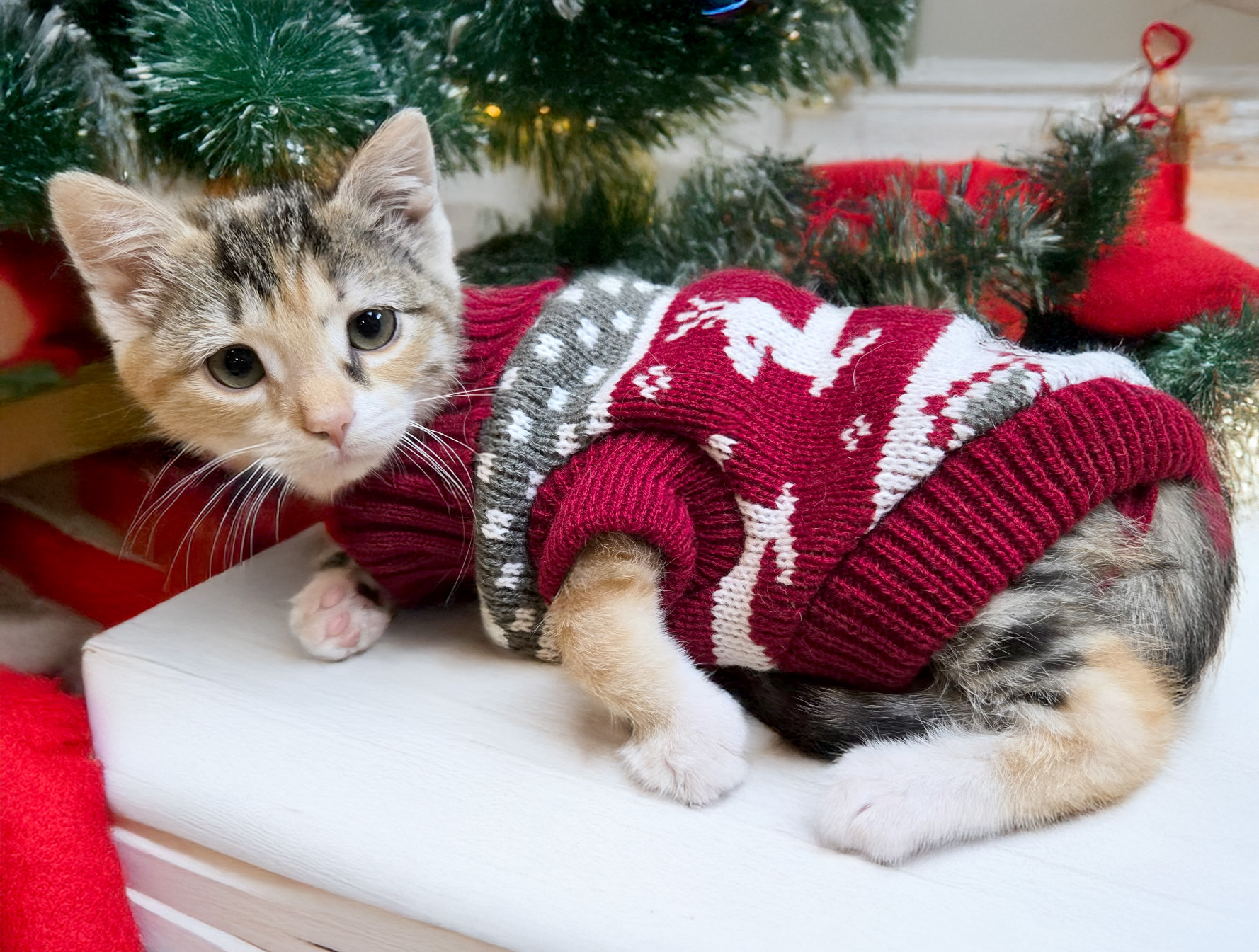The skinny on trendy pet foods
Over the past decade, there has been a growing interest among pet owners in feeding “boutique” diets; those marketed as grain-free, exotic-ingredient, or crafted by small or non-traditional pet food manufacturers. While these diets may appear wholesome
or “natural,” veterinarians are encouraging increased awareness and vigilance among owners regarding the potential health concerns tied to these diets.
What Are Boutique Diets?
Boutique diets typically refer to pet foods made by smaller manufacturers, often using novel or exotic ingredients like kangaroo, lentils, peas, bison, or chickpeas. Many are grain-free and use alternative carbohydrate sources such as potatoes or legumes.
Why Are Vets Concerned?
Veterinarians encourage pet owners to be more vigilant when choosing diets, especially newer or boutique-style pet foods. While many are well-intentioned, evidence has been emerging of potential health risks.
• Lack of nutritional testing: Some boutique and exotic diets have not undergone AAFCO (Association of American Feed Control Officials) feeding trials or been assessed against established nutrient profiles. This increases the risk of deficiencies (e.g., calcium, vitamin D, essential amino acids) or excesses that could result in long-term health problems.
• Limited oversight: Smaller manufacturers may lack board-certified veterinary nutritionists on staff or may not conduct rigorous post-production quality control. This raises concerns about ingredient consistency, contamination, or formulation errors.
• Dilated cardiomyopathy (DCM): In 2018, the FDA began investigating a potential link between grain-free diets and diet-associated DCM- a serious heart condition. Some dogs developed DCM despite having no genetic predisposition, and many of these cases were linked to legume-heavy, grain-free diets. While research is ongoing and no definitive cause has been proven, the findings underscore the importance of cautious, evidence-based feeding practices.
• Emerging uroliths (CTT Stones): The Minnesota Urolith Center recently reported a rise in a new type of bladder stone, calcium tartrate tetrahydrate (CTT). These rare stones have been tentatively linked to diets containing choline bitartrate, a supplement increasingly used in boutique pet foods. Though research is still in early stages, this association highlights the need for careful diet monitoring as new ingredients and trends emerge.
What Should Pet Owners Do?
1. Consult your vet before changing diets: Ask your vet before switching to boutique, grain-free, or exotic-ingredient diets, especially for breeds with known heart or kidney risks.
2. Stick with AAFCO compliant diets: Look for diets that have undergone AAFCO feeding trials and are formulated by a board-certified veterinary nutritionist.
**All pet diets follow AAFCO guidelines but not all are compliant. Feeding trials
make the diet compliant.
3. Watch for emerging research: Pet nutrition is a dynamic field. Stay up to date
with trustworthy sources like your vet or institutions such as the Tufts Clinical Nutrition Service or WSAVA (World Small Animal Veterinary Association).
Choosing the right diet for your pet is an important decision. While boutique and trendy diets can be appealing, some have been linked to health concerns like heart issues and unusual bladder stones. Staying informed and consulting with our doctors at Animal Hospital at Thorndale before making changes helps ensure your pet gets safe, balanced nutrition.
Together, we can find the best diet for your pet’s long-term health!



